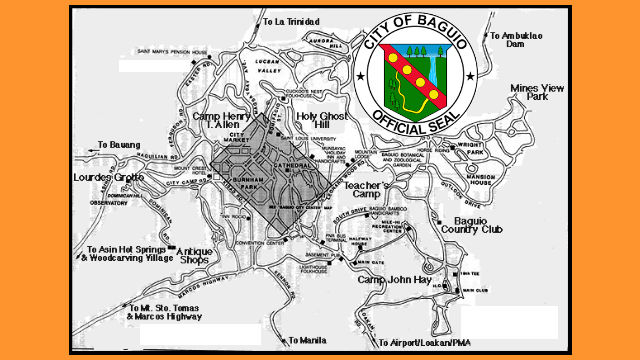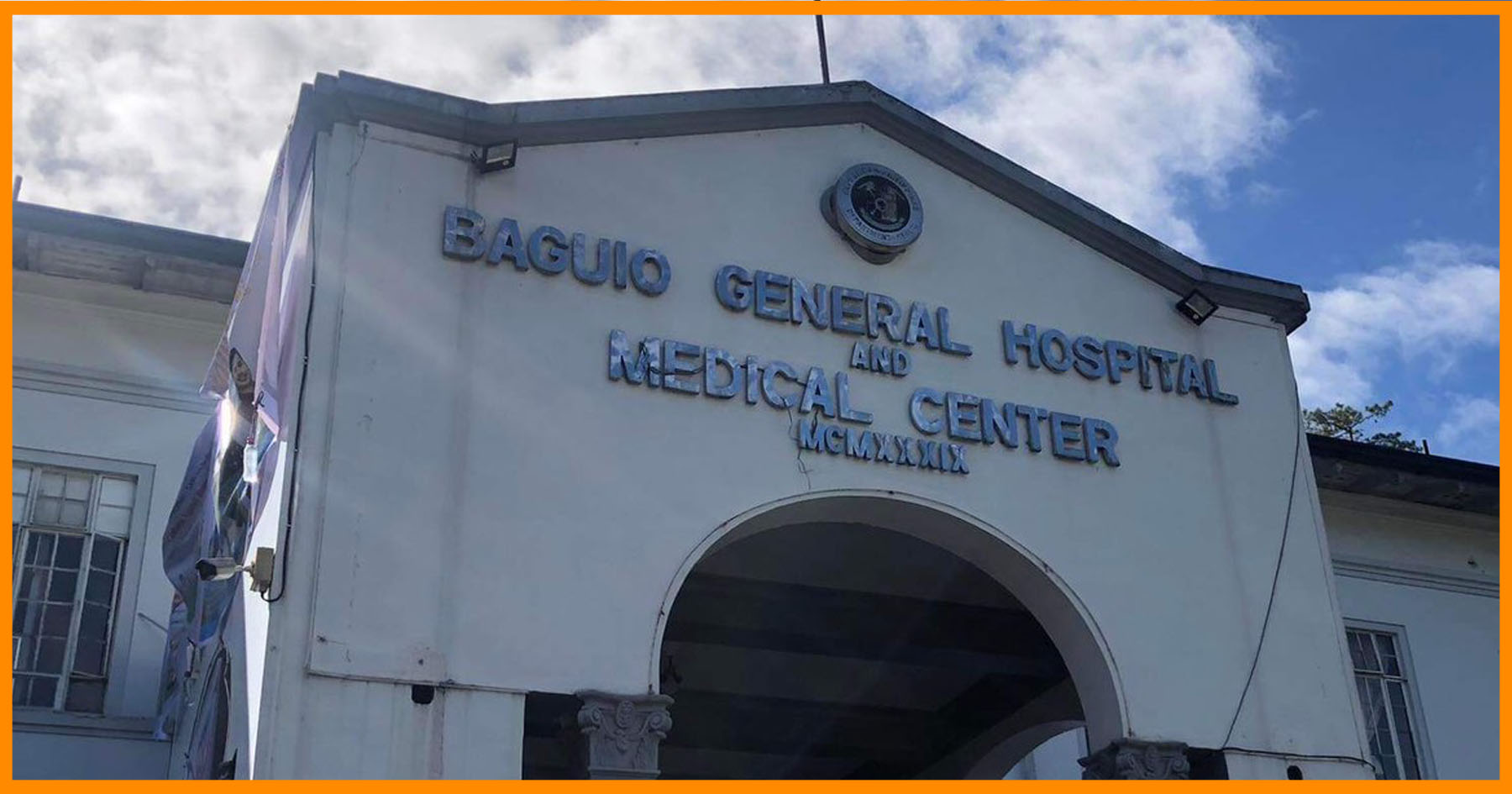City officials requested the Department of Budget and Management (DBM), the Department of the Interior and Local Government (DILG), and the Bureau of Local Government Finance (BLGF) to assist the city’s 128 barangays in the adjustment and increase of the honoraria of all barangay officials, barangay nutrition scholars (BNS), barangay health workers (BHWs), tanod, day care workers (DCWs) and other barangay employees based on their national tax allotment and shares from other locally generated revenues and aids in accordance with the prescribed budgeting rules and circulars subject to personnel services limitation under the pertinent provisions of Republic Act (RA) 7160 or the Local Government Code of the Philippines.
Under Resolution No. 529, series of 2021, signed by Mayor Benjamin B. Magalong, local legislators stated that with the upcoming implementation of the national tax allotment and the expected increase of barangay budgets, the DBM, DILG and BLGF should immediately extend their respective expertise in determining the appropriate honoraria for barangay officials, employees and volunteers subject to existing budgeting rules and circulars that had been crafted for the said purpose.
At present, barangay officials, employees and volunteers are rendering quality public service beyond the regular 8-hour work day.
Further, the said barangay workers are on call 24 hours a day, 7 days a week since their services are necessary, essential, indispensable and critical as primary responders to the concerns of their respective communities.
While local government officials and employees are covered under the prevailing Salary Standardization Law, the council pointed that barangay officials, employees and volunteers are just receiving honoraria for the services they render which might not be commensurate to their actual work round the clock to the satisfaction of their respective constituents.
Starting next year, the council disclosed there will be an increase in the budget of all local government units, including the barangays, because of the Mandanas-Garcia ruling of the Supreme Court (SC) which allows the inclusion of all national income in the computations of the share of the local governments from the actual collections of national taxes.
Under the present set up of the bureaucracy, the barangay is the smallest political subdivision where all programs, projects and activities of the local governments and national government agencies emanate for the provision of the required funding support that will translate to the welfare of the greater majority of the populace.
According to the resolution, the honoraria being given to barangay officials, employees and volunteers are not even sufficient to help sustain the decent living condition of their families which sometimes compels them to look for alternative sources of income that often compromise the delivery of quality services to their constituents in the different city barangays. By Dexter A. See












